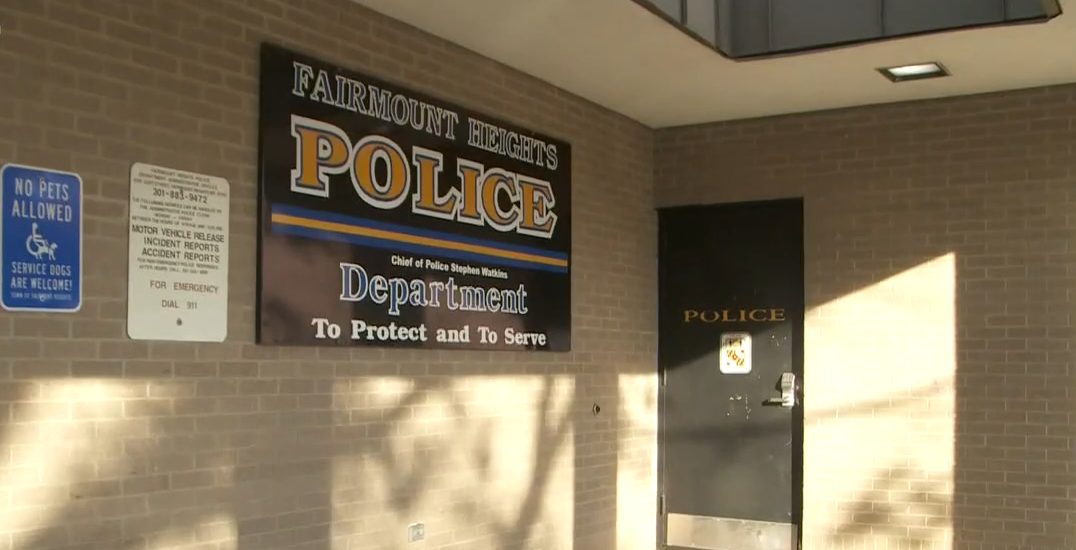Deputy country representative Nicole Bjerler. Photo-Twitter.
A top United Nations official based in Uganda has informed The Black Star News that a deal has been brokered for the safe departure of more than 200 land-grab refugees who’ve been camping on a U.N. compound for the past month.
The refugees will leave the U.N. grounds in the city of Gulu on August 16 under the terms of the agreement between their representatives, the U.N. officials and the Uganda regime.
The deal was struck after leaders of the refugees traveled to Kampala, the Ugandan capital, and met on August 8 with U.N. officials including Nicole Bjerler, deputy country representative of the United Nations Office of the High Commissioner for Human Rights (OHCHR).
“We will continue to follow the issue, including by calling for a Government-led dialogue to identify long-term solutions which will allow the Apaa people to live in peace and security, in a situation in which they can rebuild their lives and livelihoods,” Bjerler said in an e-mail message to The Black Star News.
The Black Star News had inquired about whether commitments in writing had been secured from the Ugandan regime or whether the government was merely luring the refugees away from the protection of the U.N. compound before resuming the deadly campaigns.
Land-grab is a major problem in many African countries where often, corrupt regimes throw people off the land, into homelessness and destitution, so the political and military elites can line their pockets.
The 234 refugees, rural farmers, fled a deadly land-grab campaign by the Ugandan People’s Defense Force, the nation’s military, and entered the compound of the field offices of the OHCHR on July 11, seeking protection. More than 12 people had been killed, scores were missing, and many injured. Since the campaign was launched many months ago, more than 800 homes have been torched by the armed forces and crops destroyed in a classic ethnic-cleansing campaign by the Ugandan regime under Gen. Yoweri Museveni.
It’s believed the government wants to lease the 25 square miles fertile land area inhabited by 15,000 people to foreign commercial farmers and to also expand game reserves for hunting. The regime reportedly wants to give the land to a South African named Bruce Martin.
After the meeting with Bjerler, one of the leaders of the Apaa refugees, Odoki Sylvesto, wrote her a letter dated August 10 stating, “We were reassured by your communication that the Ugandan People’s Defense Forces (UPDF) has given instructions that no more evictions will be carried out in Apaa. We also gained confidence after the subsequent visit we received from the UPDF director of Human Rights, Brigadier Wacha on Thursday 9th August, who informed us he conducted a verification visit to Apaa and confirmed the truth of our reports on attacks in Apaa.”
When the Apaa victims entered the compound in early July, they also presented a set of demand to the U.N. to intercede on their behalf with Gen. Museveni to halt the deadly attacks. Their demands were outlined in a letter to Prince Zeid Ra’ad al-Hussein, the outgoing High Commissioner in the OHCHR, in Geneva.
In addition to a halt of attacks against the peasant farmers by the Ugandan military, the land-grab victims demanded that: families be compensated for deaths, injuries and material losses; that military roadblocks be removed; harassments by the armed forces stop; and, that those responsible for the criminal attacks be held accountable.
The Apaa victims had strong support from the public and survived on donations of food including from people in other parts of Uganda such as Soroti.
At one time there were fears of a possible outbreak of cholera when pit latrines dug on the compound began to overflow. The toilets were allowed to be emptied after public pressure and media coverage.












